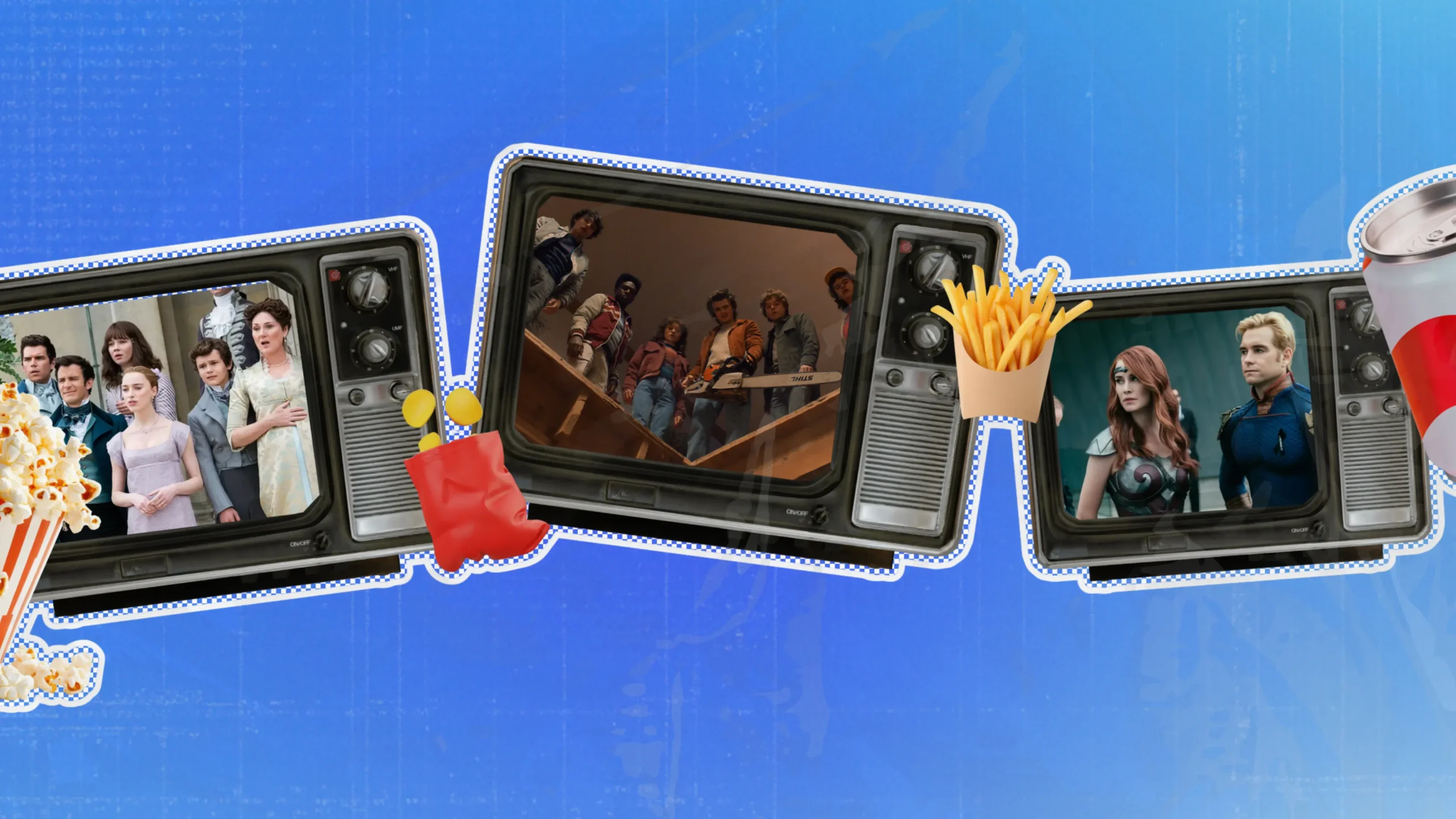The chance to make an impulse purchase is at every corner. Understanding the psychology behind impulse buying can help explain why people feel compelled to make these impulsive purchases and how it affects consumer behavior in the Philippines.
In today’s consumerist age, it’s becoming increasingly difficult to buy something unplanned. Despite our best intentions, it’s hard to resist the urge to splurge on things we don’t necessarily need. But have you ever wondered what drives these impulsive purchases?
As it turns out, our brains are wired to make quick, sometimes irrational decisions when it comes to shopping. In this article, we’ll explore seven psychological reasons behind impulse purchases and how they affect our behavior as consumers.
1. Emotional appeal
It’s hard to keep a clear mind when you’re under immense levels of stress or exhaustion, whether you’re sleepy from an all-nighter or tired from work. Under times of stress, fatigue, or anxiety, our analytical prefrontal cortex becomes strained—which is responsible for rational thinking and sound decision-making.
Instead, our emotions begin to take the reins, commandeering the situation through the limbic system or the part of our brain involved in emotional responses. People are then led to make purchases that make them happy or provide emotional value.
2. Instant gratification
Shopping provides a quick fix of much-needed dopamine during times of stress and anxiety. Indulging in consumerism may offer a momentary burst of instant gratification, but it’s usually short-lived. Of course, some purchases may provide a more enduring sense of joy—those that offer repeated and pleasurable experiences, like a trusty bike or a beloved book you revisit often.
However, for the majority of products, the euphoria they provide rapidly fades away. This is particularly true for those with impulsive buying tendencies, as studies suggest they often leave their purchases unused or barely touched.
3. Social influence
While we like to think that our shopping choices are entirely our own, social influence and peer pressure can greatly drive impulsive purchases. Research from the University of Florida and the University of Tennessee reveals that the mere presence of a shopping partner can boost the likelihood of splurging on unplanned items, with the potency of the effect increasing as the bond between the shoppers grows tighter.
A recent study has highlighted that family members, particularly parents and children, wield a more substantial impact in driving impulsive purchases than significant others, close friends, or partners. Gender also plays a role in how social influence affects shopping behavior, with women being more susceptible to the influence of their children and close friends, while men tend to be swayed by their parents and colleagues.
4. Utilitarian motivations
If you find yourself making a snap decision on buying a practical and functional item, like toilet paper or batteries, and it was an unplanned purchase, it’s most probably driven by utilitarian motivation.
Unlike other types of triggers that are associated with positive or negative emotions, utilitarian motivation is usually emotionally neutral. A recent survey found that cleaning supplies, hand sanitizer, and toilet paper were the most common impulsive purchases made by Americans during the pandemic, reflecting the focus on practicality and functionality in times of crisis.
5. Feeling of getting a deal
Impulsive buying doesn’t always involve splurging a hefty amount on luxurious products. Sometimes, people make impulse purchases with the belief that it will save them money in the long run.
As per a survey conducted by Slickdeals, 45% of the respondents stated that they would only avail of products that are already discounted. Sales promotions can greatly impact consumers’ buying behavior as they tend to be price-conscious, and are more likely to opt for products that offer them greater savings.
6. Anchoring effect
The anchoring effect refers to the tendency of people to rely too heavily on the first piece of information they receive when making a decision. This can lead to impulsive buying decisions when people are presented with an initial price or offer that seems attractive, even if it is not necessarily the best deal.
7. Personalization
Personalization is now a crucial factor driving impulsive purchases, as tailored experiences have become the norm. Feeling that a product was specifically made for them creates an emotional attachment that leads to spontaneous buying decisions, particularly when it’s tailored to their unique needs and preferences.
8. Cognitive biases
Cognitive biases are like shortcuts that our brains take to help us make sense of the world around us and reach purchasing decisions quickly. Shoppers that are driven by their confirmation bias tend to seek out information that confirms their desire to purchase a product. For instance, studies have also shown that more than half of consumers read multiple reviews before making a purchase.
9. Environment
People are more likely to make impulsive buying decisions when they are in a shopping environment that is designed to encourage impulse purchases, such as through the use of bright colors, appealing displays, or tempting offers.
However, the impulsive tendencies of the consumer are not solely influenced by the ambiance. Rather, the characteristics of the product itself, the familiarity with it, and the loyalty to the brand also play a significant role in shaping the buying experience, often eclipsing the importance placed on the physical setting.
It’s no secret that marketers use these psychological insights to entice impulsive buying. By understanding the underlying reasons behind our impulsive purchases, we can take back control of our spending habits and make informed decisions that align with our long-term financial goals.
Related Content:
- The Rise of the Pandemic Buyer
- Investigating the Psychology Behind Luxury
- How Drinking Coffee Can Impact The Way You Shop
M2.0 is a PR company in the Philippines that specializes in business, technology, and lifestyle communications. We offer a range of PR services including crisis communications, stakeholder engagement, and online reputation management. Find out more about the brands that we work with on our Partners page.



